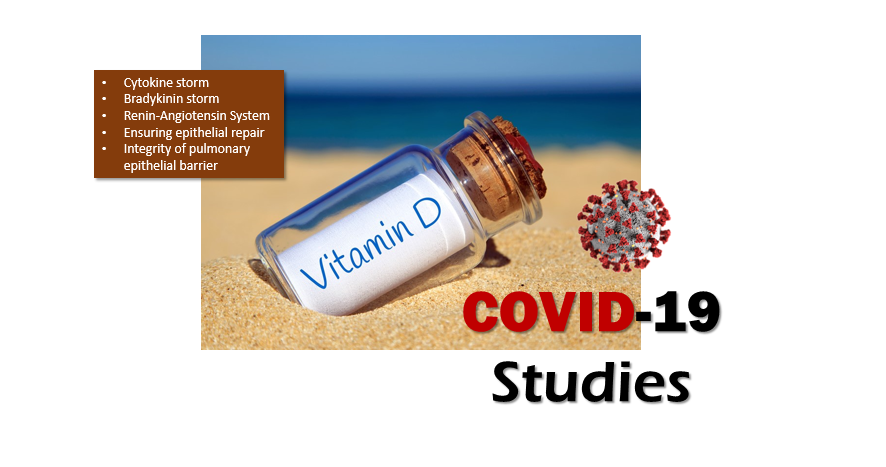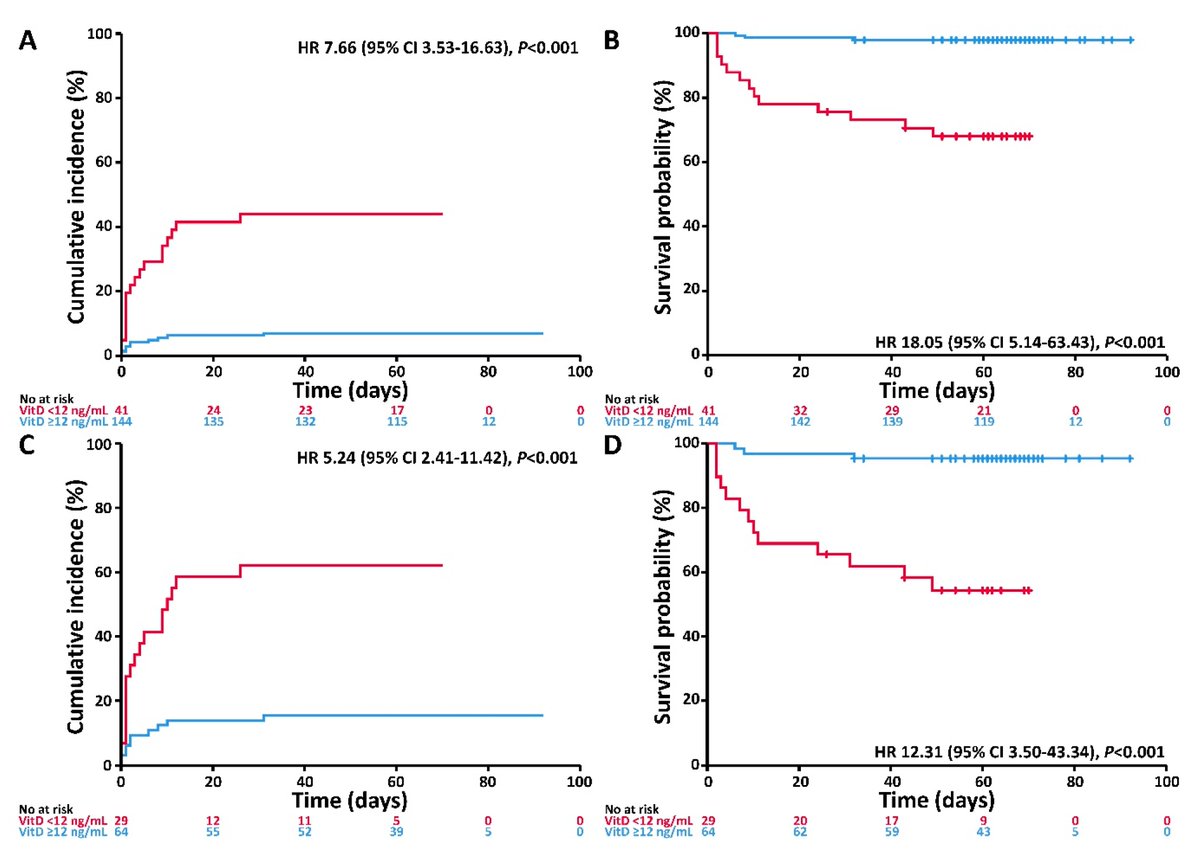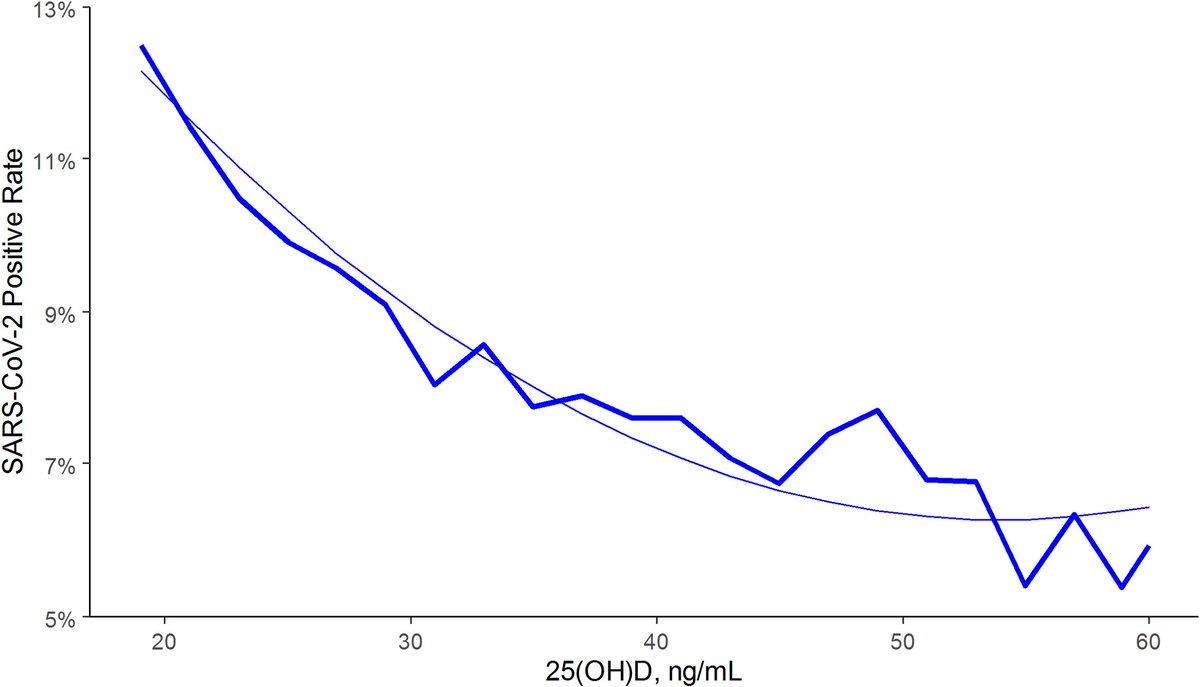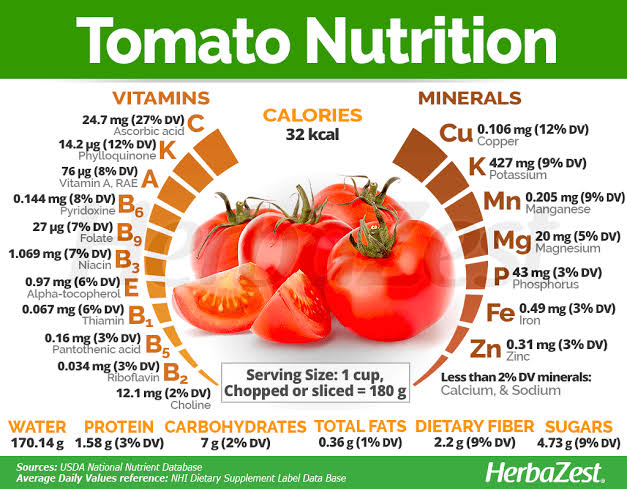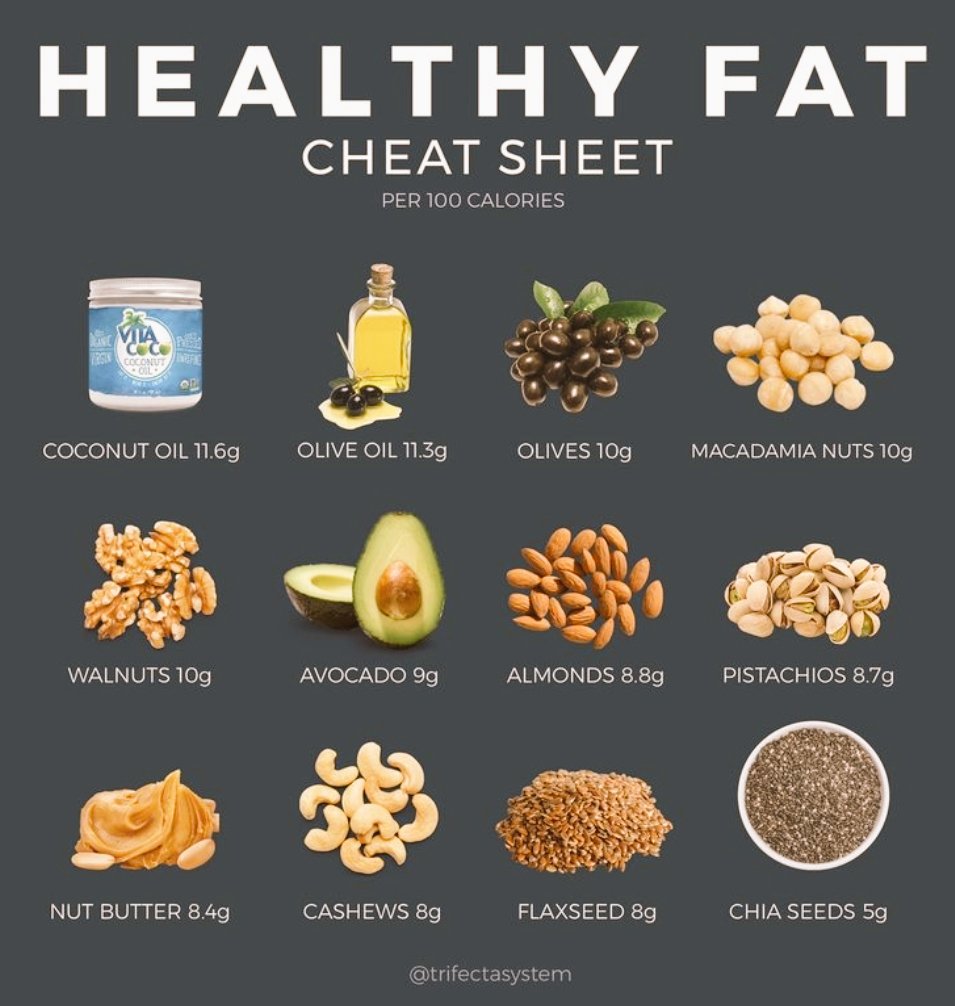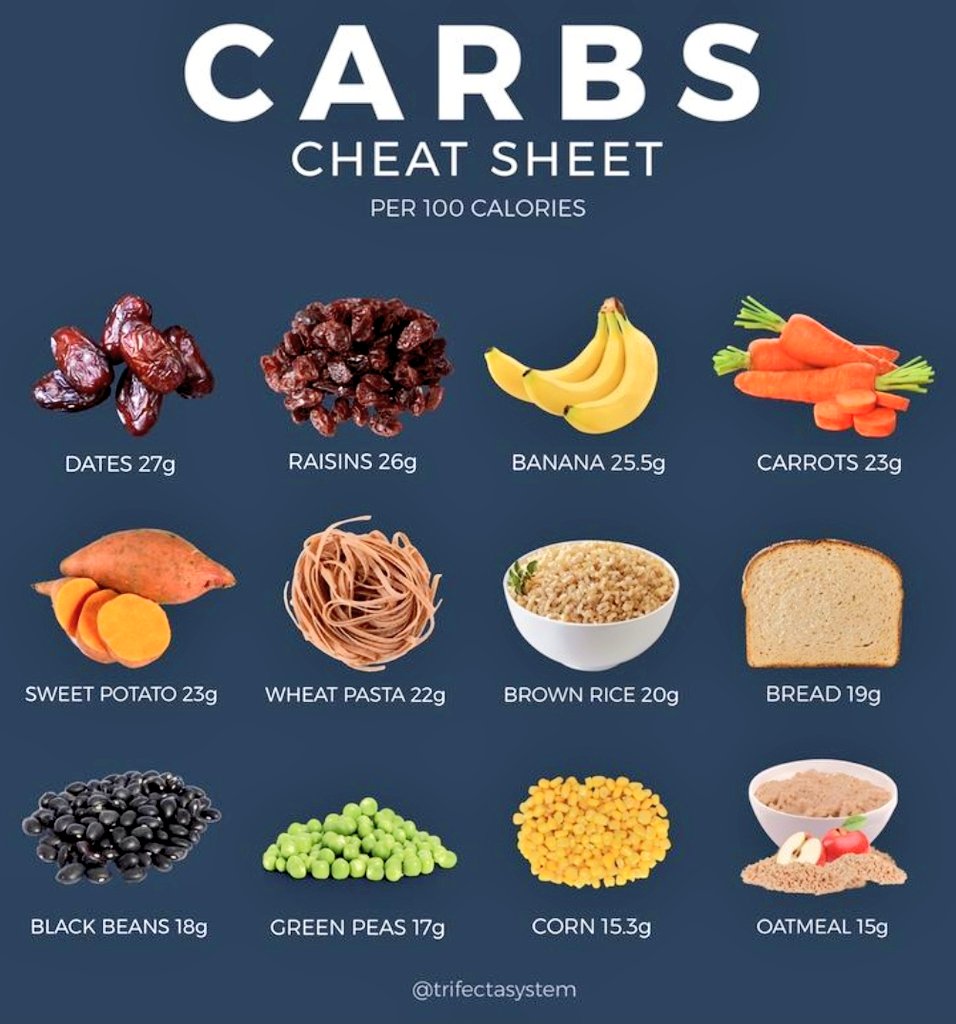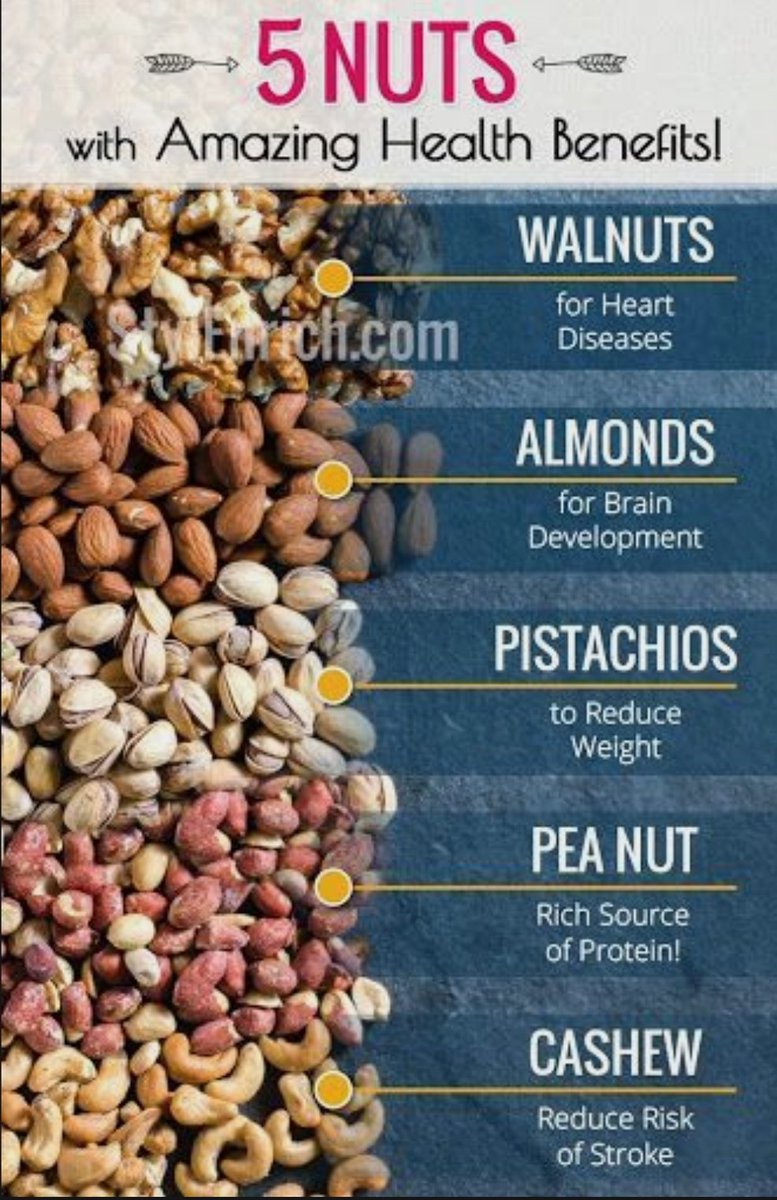
#WorldDiabetesDay 2020: Information on Diabetes & management by making suitable lifestyle changes.
1. Understanding Diabetes - types, risk factors & how it occurs
2. Diagnosis of Diabetes Type 2 & Prediabetes - HbA1C, Fasting & post-meal
3. Effects of Diabetes on the body. (1/4)



1. Understanding Diabetes - types, risk factors & how it occurs
2. Diagnosis of Diabetes Type 2 & Prediabetes - HbA1C, Fasting & post-meal
3. Effects of Diabetes on the body. (1/4)



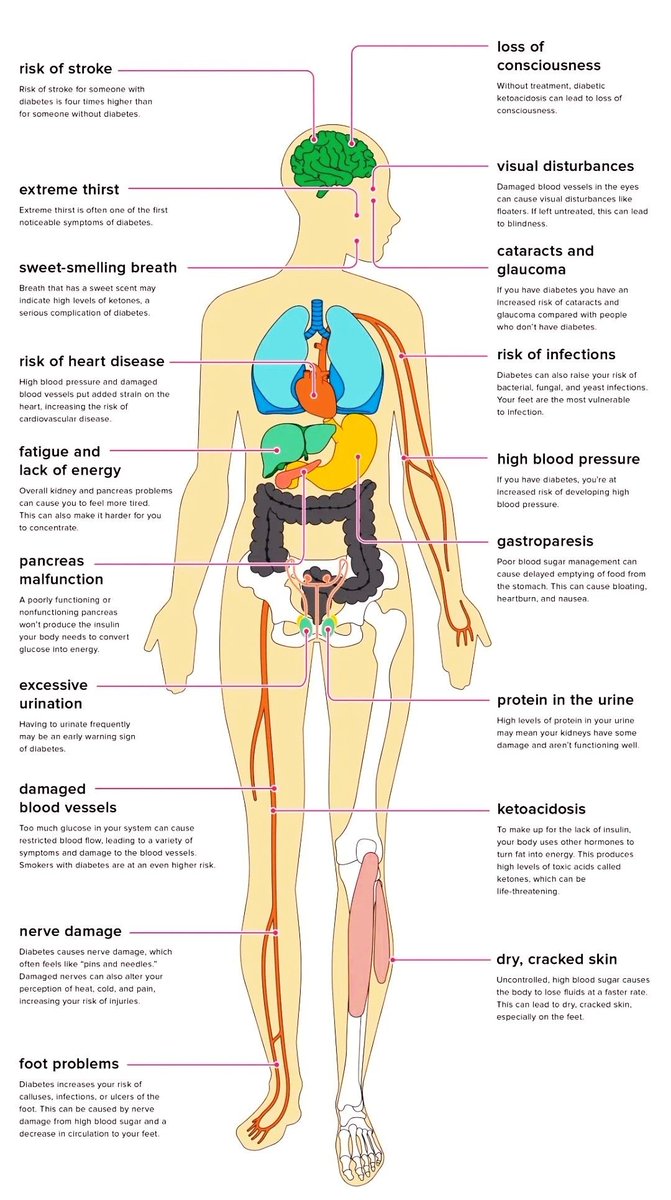
4. How to prevent diabetes type 2?
5. Diet for Diabetes type 2: This is individualized. A low carb, moderate-protein diet plan is recommended for the Indian population. However, intermittent fasting & the Ketogenic diet are showing promising results in managing diabetes. (2/4)

5. Diet for Diabetes type 2: This is individualized. A low carb, moderate-protein diet plan is recommended for the Indian population. However, intermittent fasting & the Ketogenic diet are showing promising results in managing diabetes. (2/4)
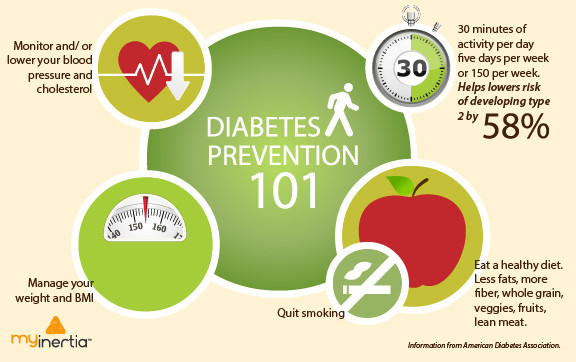

6. Glycemic Index (GI): Understanding the GI of foods is crucial in managing diabetes.
A. What is GI?
B. GI of some common foods. Chose foods that are low in GI. Moderate GI foods can be taken sometimes. Avoid high GI foods. High GI foods also lead to weight gain. (3/4)

A. What is GI?
B. GI of some common foods. Chose foods that are low in GI. Moderate GI foods can be taken sometimes. Avoid high GI foods. High GI foods also lead to weight gain. (3/4)

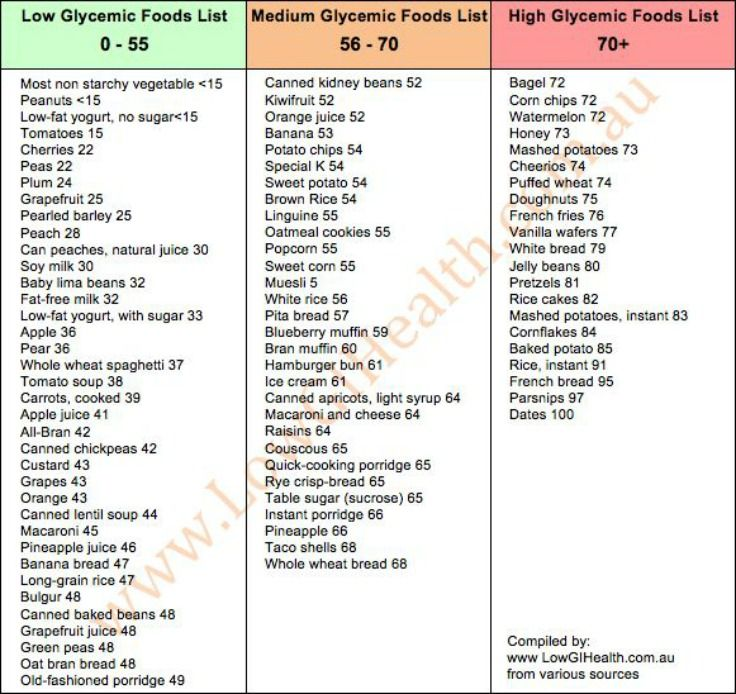
7. Physical Activity for diabetes prevention and management
8. Yoga that could help in diabetes management
9. Sleep for 7-8 hours/day
10. Avoid stress and anxiety. These are closely related to the occurrence & worsening of diabetes type 2. Focus on your mental health.

8. Yoga that could help in diabetes management
9. Sleep for 7-8 hours/day
10. Avoid stress and anxiety. These are closely related to the occurrence & worsening of diabetes type 2. Focus on your mental health.


Note:
- Diet is always customized.
- If you are a known case of diabetes, check your parameters regularly.
- Do not eat high GI foods that could elevate blood glucose.
- If you want to practice intermittent fasting or ketogenic diet consult a dietitian & not the internet.
- Diet is always customized.
- If you are a known case of diabetes, check your parameters regularly.
- Do not eat high GI foods that could elevate blood glucose.
- If you want to practice intermittent fasting or ketogenic diet consult a dietitian & not the internet.
- Do not skip the medicines and try to fix diabetes with diet & exercise alone. Prediabetes can be managed with diet & exercise. But, your doctor knows what best for you.
- Change your lifestyle as soon as you are diagnosed with prediabetes.
- Be consistent.
- Change your lifestyle as soon as you are diagnosed with prediabetes.
- Be consistent.
• • •
Missing some Tweet in this thread? You can try to
force a refresh

